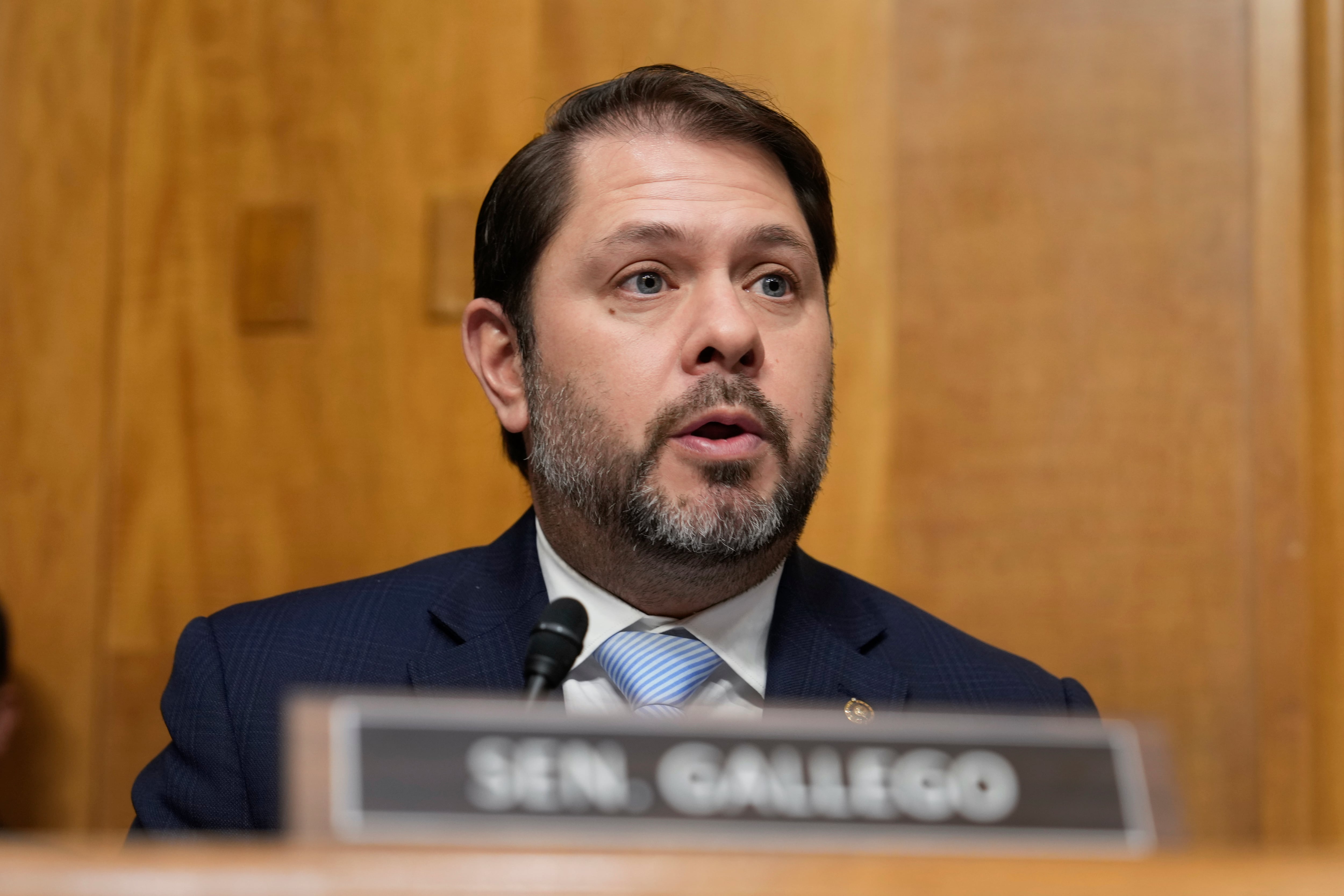A U.S.-led coalition air strike killed the top remaining Islamic State leader in Iraq, said Col. Wayne Marotto, spokesman for Combined Joint Task Force-Operation Inherent Resolve.
“Abu Yasir, the most senior Daesh leader in Iraq, was killed during an air strike near Kirkuk, Jan. 27, 2021,” Marotto announced via a tweet Friday morning.
Yasir was responsible for “developing and relaying guidance to Daesh branches, networks and fighters,” Marotto told Military Times. “As the Daesh supervisor of Iraq, Yasir disseminated operational guidance to his provinces relating to the expansion of terrorist efforts.”
The operation, a partnership between the Iraqi Counter Terrorism Service and the U.S.-led coalition “resulted in the deaths of 10 Daesh terrorists,” Marotto tweeted. “Yasir’s death is another significant blow to Daesh resurgence efforts in Iraq.”
“Thus far in 2021 our partners in Iraq and Syria completed 82 operations against Daesh, preventing 63 terrorists from committing acts of terror,” he told Military Times.
Citing coalition policy, Marotto declined to say if U.S. aircraft participated in the airstrike.
“As a matter of policy CJTF-OIR does not report the number or type of aircraft employed in a strike, the number of munitions dropped in each strike, or the number of individual munition impact points against a target,” he told Military Times.
U.S. Central Command also declined to comment on whether U.S. aircraft were involved.
“For security reasons, we cannot disclose detailed information about the type of aircraft involved,” the CENTCOM media desk told Military Times in an email. “The operation in reference was conducted by Iraqi armed forces with support from the U.S. led Coalition, and is a testament to the effective partnership between Iraqi and Coalition forces.”
In August, the U.N. counter-terrorism chief said that there were more than 10,000 Islamic State fighters estimated to remain active in Iraq and Syria two years after the militant group’s defeat, and their attacks have significantly increased in 2020, the U.N. counter-terrorism chief said at the time.
Vladimir Voronkov told the U.N. Security Council that Islamic State fighters move freely “in small cells between the two countries.”
He said the Islamic State extremist group — also known as IS, ISIL and ISIS — has regrouped and its activity has increased not only in conflict zones like Iraq and Syria but also in some regional affiliates.
“However, in non-conflict zones, the threat appears to have decreased in the short term,” he said. “Measures to minimize the spread of COVID-19, such as lockdowns and restrictions on movement, seem to have reduced the risk of terrorist attacks in many countries.”
Nonetheless, Voronkov said, “there is a continued trend of attacks by individuals inspired online and acting alone or in small groups, which could be fueled by ISIL’s opportunistic propaganda efforts during the COVID-19 crisis.”
In November, then-acting Defense Secretary Chris Miller announced that U.S. troop levels in Iraq would drop from 3,000 to 2,500.
Marotto, on Twitter, issued a message to ISIS.
“The coalition will continue to remove key leaders from the battlefield and degrade the terrorist organization,” Marotto stated. “Terrorists-you will never live in peace- you will be pursued to the ends of the earth.”
This story contains information from the Associated Press.
Howard Altman is an award-winning editor and reporter who was previously the military reporter for the Tampa Bay Times and before that the Tampa Tribune, where he covered USCENTCOM, USSOCOM and SOF writ large among many other topics.





